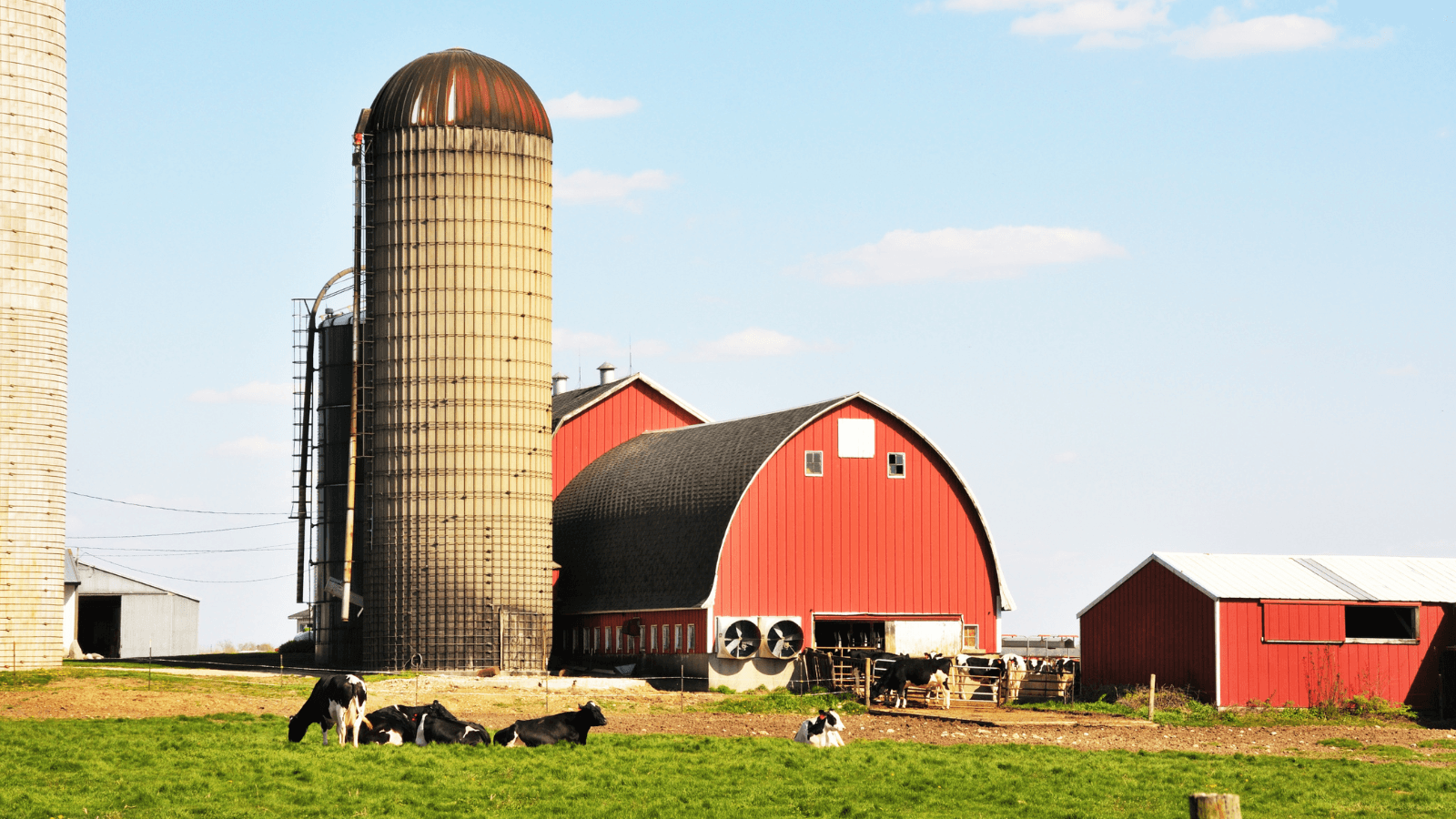
Often when a consumer thinks about the cows that produced their glass of milk there is the image of black & white or brown cows peacefully grazing in lush grass. In the upper Midwest where many dairy farms are located, the growing season is short and, depending on rain amounts, the grazing season may last for just a couple of months. With many dairy farms managing several thousand head of dairy cattle, grazing isn't practical and isn't necessarily healthy for the cows.
Many I-29 corridor dairy farms are fueled by science but rooted in faith. For dairies of all sizes, animal welfare is a priority. Healthy and happy cows produce more milk and increase farm profitability. Larger dairies require employees to follow strict written cow care and handling protocols. Physical abuse of cows is prohibited. This philosophy of cow care aligns with the teaching of Proverbs 27:34-35, "Be sure you know the conditions of your flocks, give attention to your herds; for riches do not endure forever, and a crown is not secure for all generations."
For dairy farms operating in all fifty states, "giving careful attention to your herds" includes feeding scientifically formulated rations that meet the nutritional requirements of the cows. Housing is designed to maximize cow comfort and enhance animal health. Cows enjoy the comforts of computer-controlled ventilation systems, clean pens with frequent manure removal, access to a buffet of nutritionally dense feed, and the availability of a constant supply of clean water.
Dairy cows not only produce milk; they create soil enriching manure. The manure from the dairy cows nourishes the crops, the crops nourish the cows, the cows produce the milk, and the milk nourishes people.
Most states require dairy farms to follow stringent manure handling regulations that includes a mandated nutrient management plan. The regulations require manure to be injected deeply into the soils of cropland. To avoid both over and under application, precision manure handling technology is used. Manure is applied at rates based on scientific soil testing. Crop farmers using precision manure handling are reporting there is no longer the need to apply phosphorus and potassium from off-farm sources and the amount of applied outsourced nitrogen has decreased. Not only does this reduce crop growing input costs it honors the full cycle of life set in motion by the creative genius of God.
Because of specialization, many dairy farms don't grow crops for cow feed. Rather, surrounding area farms are contracted to provide grain and forages. This has a positive impact on the economic stability of rural communities by providing competitive paying jobs on the dairy, buying grain and forages from neighboring farms, and feeding by-products from local ethanol plants.
There are a growing number of dairy farms experimenting with the use of a biodigester to capture methane gas from manure. The captured methane gas is transported from the dairy through a natural gas pipeline. A biodigester has the potential to reduce the carbon footprint of a particular dairy farm and can provide an added revenue source.
The contemporary dairy farm is a demonstration of the synergy of agriculture science and the faith-driven stewardship and care of Creation.

